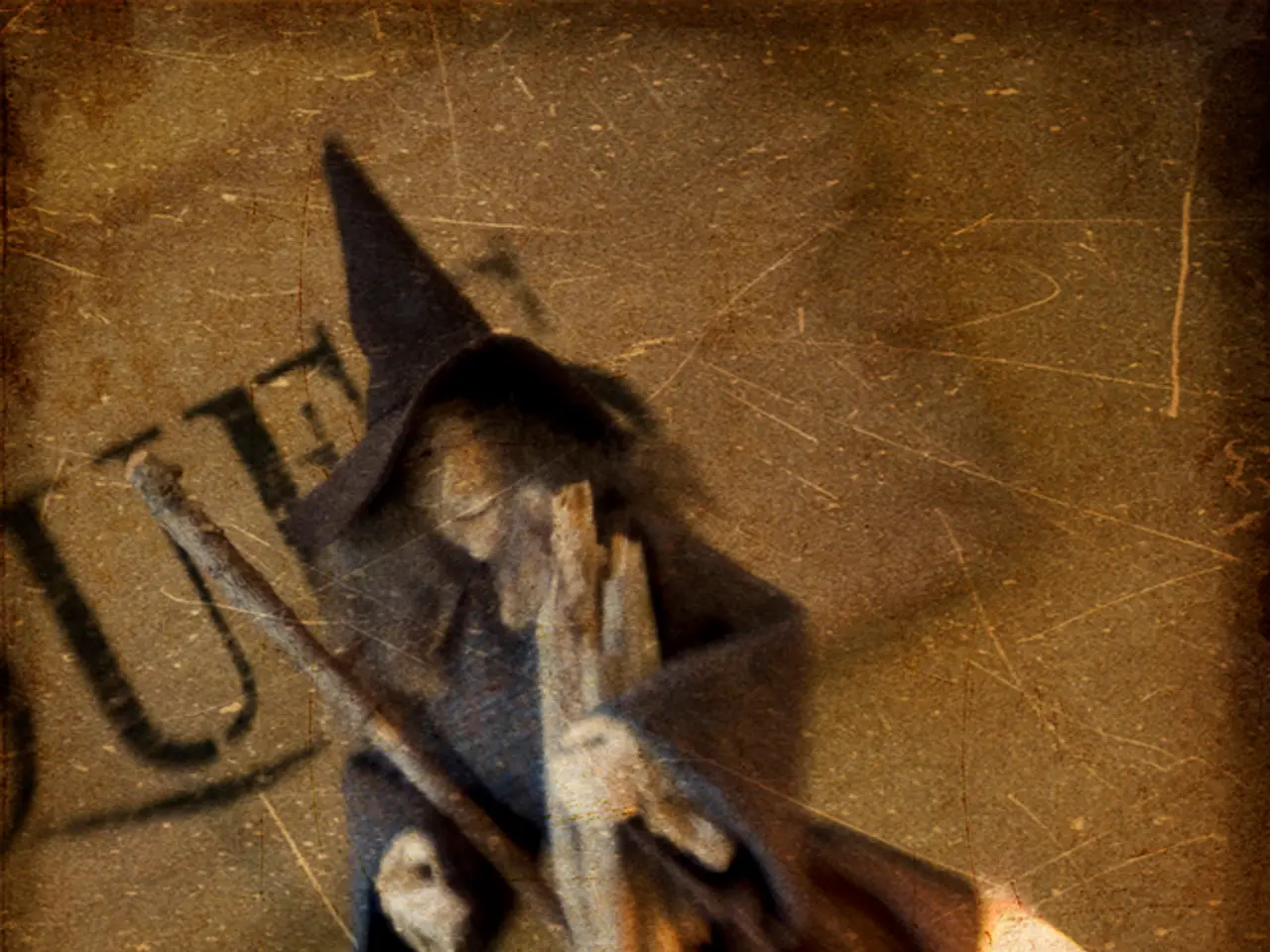Unveiling Past Mysteries: Exploring Hidden Beginnings
Halloween and Guy Fawkes Day: A Look into Europe's Cultural Evolution
Halloween, originally a Celtic festival marking the end of the harvest season, has evolved into a widely celebrated event across Europe. Its transformation began when it was Christianized as All Hallows’ Eve, the night before All Saints’ Day, absorbing the pagan Celtic festival of Samhain in the process.
Meanwhile, Guy Fawkes Day, celebrated on November 5, was born out of a failed Catholic plot to blow up the English Parliament during the Protestant reign of King James I in 1605. The day was mandated by Parliament in 1606 and became an expressly political and religious holiday, serving as a celebration of Protestant ascendancy and a denunciation of Catholic conspiracy.
These traditions offer a fascinating insight into the cultural and historical evolution of Europe, particularly during and after the Reformation.
The Christianization of Pagan Traditions
Halloween's Christianization exemplifies the Church's strategy to incorporate local customs, thus strengthening Christian cultural influence. The night was filled with symbols, such as jack-o'-lanterns, representing souls in purgatory, and masks and costumes to disguise oneself from dead souls seeking vengeance.
The Impact of Reformation Conflicts
Guy Fawkes Day, on the other hand, reflects the direct impact of Reformation conflicts on cultural expressions. The celebrations, including bonfires, fireworks, and effigies of Guy Fawkes, symbolise the triumph of Protestantism over Catholicism in England.
Shaping National and Religious Identities
Both traditions have contributed to the shaping of distinct national and religious identities within Europe. Protestants, rejecting the doctrine of purgatory, ceased celebrating Halloween, while Catholics continued observing All Saints' Day. Today, Halloween is widely celebrated across Europe, a testament to the globalization of culture.
The Legacy of Guy Fawkes
The anti-hero Guy Fawkes has been resurrected as a populist icon, most notably through the V for Vendetta film and as the Occupy Movement hero fighting the unjust state. His legacy continues to be a powerful symbol of resistance and rebellion, echoing the political and religious tensions of his time.
In conclusion, Halloween and Guy Fawkes Day offer a compelling glimpse into Europe's cultural history, reflecting and reinforcing Christian influences and social-political identities during and after the Reformation. These traditions serve as a reminder of the rich cultural tapestry that makes up Europe's diverse history.
[1] For more information on the cultural and historical significance of Guy Fawkes Day, please refer to the following sources:
- Ackroyd, P. (2005). The History of England. London: Chatto & Windus.
- Guy Fawkes: Terror and Faith in 1605. (2015). BBC History. Retrieved from https://www.bbc.co.uk/history/british/tudors/gunpowder_plot_01.shtml
Education and self-development can be gained from studying the cultural and historical evolution of Europe, as seen in the transformations of Halloween and Guy Fawkes Day. Understanding the Christianization of pagan traditions, the impact of Reformation conflicts on cultural expressions, and the shaping of national and religious identities provides valuable insights into European history and society. The legends of these traditions, such as the anti-hero Guy Fawkes, continue to influence contemporary culture, offering opportunities for critical thinking and debate on topics like resistance, rebellion, and social-political tensions.




